The Power of Nature: Exploring the Benefits of Plant Extracts
July 23
For centuries, civilisations around the world have harnessed the power of plants for medicinal, nutritional, and therapeutic purposes. Today, plant extracts continue to play a vital role in modern health, combining ancient herbal wisdom with rigorous scientific research.
In this blog, we’ll explore the amazing benefits of plant extracts and how they can support our health and well-being in natural and effective ways.
What Are Plant Extracts?
Plant extracts are useful substances derived from various parts of plants, including leaves, flowers, bark, roots, and seeds. These extracts are derived by combining the chosen plant material with a solvent, a substance capable of dissolving the plant’s components, to release its active ingredients.
The extraction process involves extracting these substances using solvents, such as water, alcohol or oils, which separate the desired ingredients from the rest of the plant material. This yields a product rich in active compounds.
The extracted compounds could include secondary metabolites such as alkaloids, flavonoids, terpenes, saponins, steroids, and glycosides, etc.
Plant extracts can be put into a liquid, tincture, powder or absolute form depending on the strength or concentration required, pure extracts being the strongest.
According to process and intrinsic quality, plant extracts can be divided into simple extracts, quantitative extracts, standardised extracts, and purified extracts.
Based on the product form, they are classified into solid extracts, liquid extracts, and soft extracts.
Also, based on the formula, they are divided into single medicine extract, compound Chinese medicine extract, and component extract.
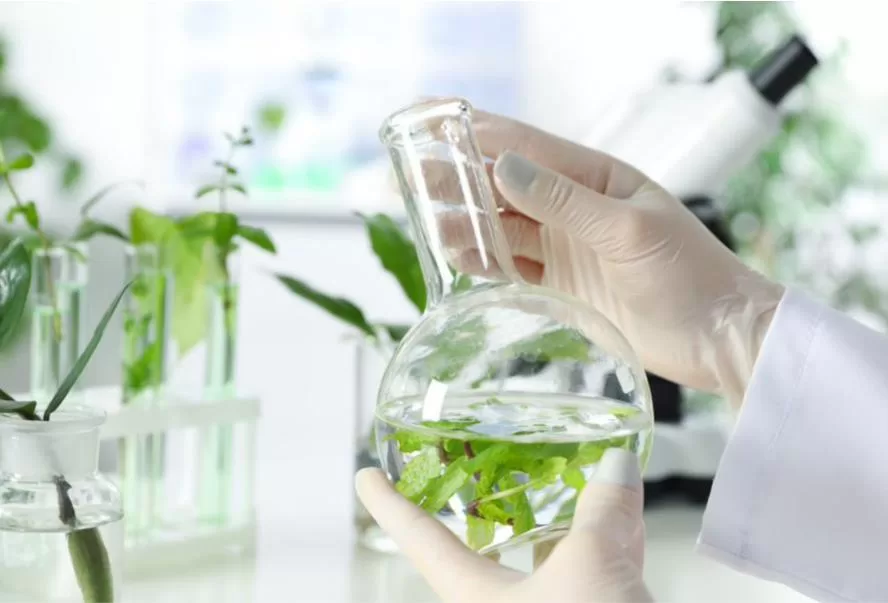
Examples of Plant Extracts and Their Benefits
Lowers Risk of Side Effects
Herbal extracts are well taken by people who are allergic to components in prescription drugs. Herbs are known to have rarer side effects even if they are taken for a longer duration and enhance overall wellness.
Symptomatic Relief
Some herbal extracts may help boost immunity without having side effects and are more effective in providing symptomatic relief, especially while fighting allergies.
Cost Effective
One of the significant benefits of herbal extract is its affordability. These extracts are inexpensive, pocket-friendly, and available without a prescription.
Readily Available
Some of herbal extracts are available as over-the-counter medicines that do not require a prescription. It is said that supplements made of peppermint, chamomile, basil, turmeric, honey, garlic, ginseng, amla, and licorice are quite famous and fast-moving supplements that may help treat cough, cold, flu, inflammation, pain, etc.
Treats Chronic Conditions
Some herbal extracts are widely recommended that may help treat infertility issues, white pepper and fenugreek may help keep blood sugar under check.
Potency
Another great benefit is that the phytochemicals are potent and highly absorbable. Plants have always had strong healing properties, which is why a diet rich in a variety of colorful vegetables, fruits, and fresh-cut herbs has benefited many people suffering from chronic illness.
Versatility
The liquid tinctures are versatile in nature. One can take them straight from the bottle using a dropper, add them to foods or beverages, and also combine them with other botanical extracts to create healing elixirs, syrups, teas, salves, essential oils, and more.
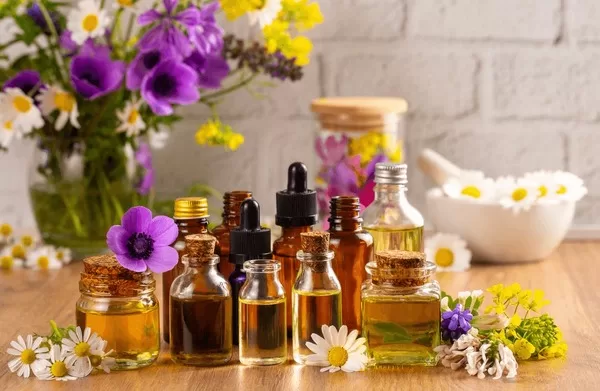
Targeted Healing
Certain herbs offer a highly customizable and targeted approach to health. These extracts may provide targeted healing properties for specific health concerns, combining various products for optimal healing.
What are the Main Techniques of Plant Extraction?
The plant extraction principle is not new. In fact, human beings have developed and implemented extraction methods from plants. The most traditional processes were used to extract aromas, perfumes and pigments.
Today, plant extraction is considered as a genuine know-how. As a matter of fact, the scientists are now developing precise techniques, which are adapted to the plant, in order to extract pure plant extracts with a significant concentration of active molecules.
Some extraction processes used to produce plant extracts include:
Maceration: Maceration is a process that entails soaking plants in water. The plant material is soaked for some time, after which it is filtered out from the plant extract-laden water. Subsequently, the collected liquid is heated and cooled. This process is repeated until all required compounds are extracted from the raw materials.
Decoction or reflux: Decoction is an extraction technique by boiling the active substances present in herbs and other plants (stems, roots, bark, etc.).
Digestion: Digestion is a hot maceration; in other words, the contact phase is maintained at a lower temperature than its boiling point.
Infusion: The boiling solvent is poured onto the solid and then left to cool for a given time.
Leaching or percolation: During the plant percolation, the solvent passes slowly through the biomass to extract the soluble compounds of the plant.
Application of Plant Extracts
Food Industry
Plant extracts are widely used as natural alternatives to synthetic additives.
They serve as:
- Colorants: Replaces synthetic dyes in food products, using extracts from sources like roses and marigolds.
- Antioxidants and Preservatives: Delays spoilage and off-flavors in food, especially ready-to-eat meat products, due to their antimicrobial and antioxidant activities.
- Flavors and Fragrances: Imparts characteristic flavors to foods and is used in perfumes and incense.
Cosmetics and Personal Care
Plant extracts are valued for their natural origin and bioactive compounds, offering benefits such as:
- Moisturizing and Barrier Repair: Ingredients like polysaccharides and vegetable oils improve skin hydration and strengthen the skin barrier.
- Anti-aging Properties: Antioxidants from plant sources combat free radicals and promote cell health.
- Fragrance and Healing Properties: Used in cosmetics for their aroma and therapeutic effects.

Pharmaceuticals and Traditional Medicine
Plant extracts are a significant source of medicinal compounds and are used for:
- Therapeutic Effects: Employed in traditional medicine and for developing new drugs due to their diverse bioactive compounds.
- Nutraceuticals and Functional Foods: Incorporated into products for their health-promoting properties.
Industrial Applications
- Coatings: Used as natural additives for their anti-corrosion, antifouling, self-healing, and UV-shielding properties.
- Other Products: Used in the production of incense sticks, essential oils, perfumes, biofuels, and dyes.
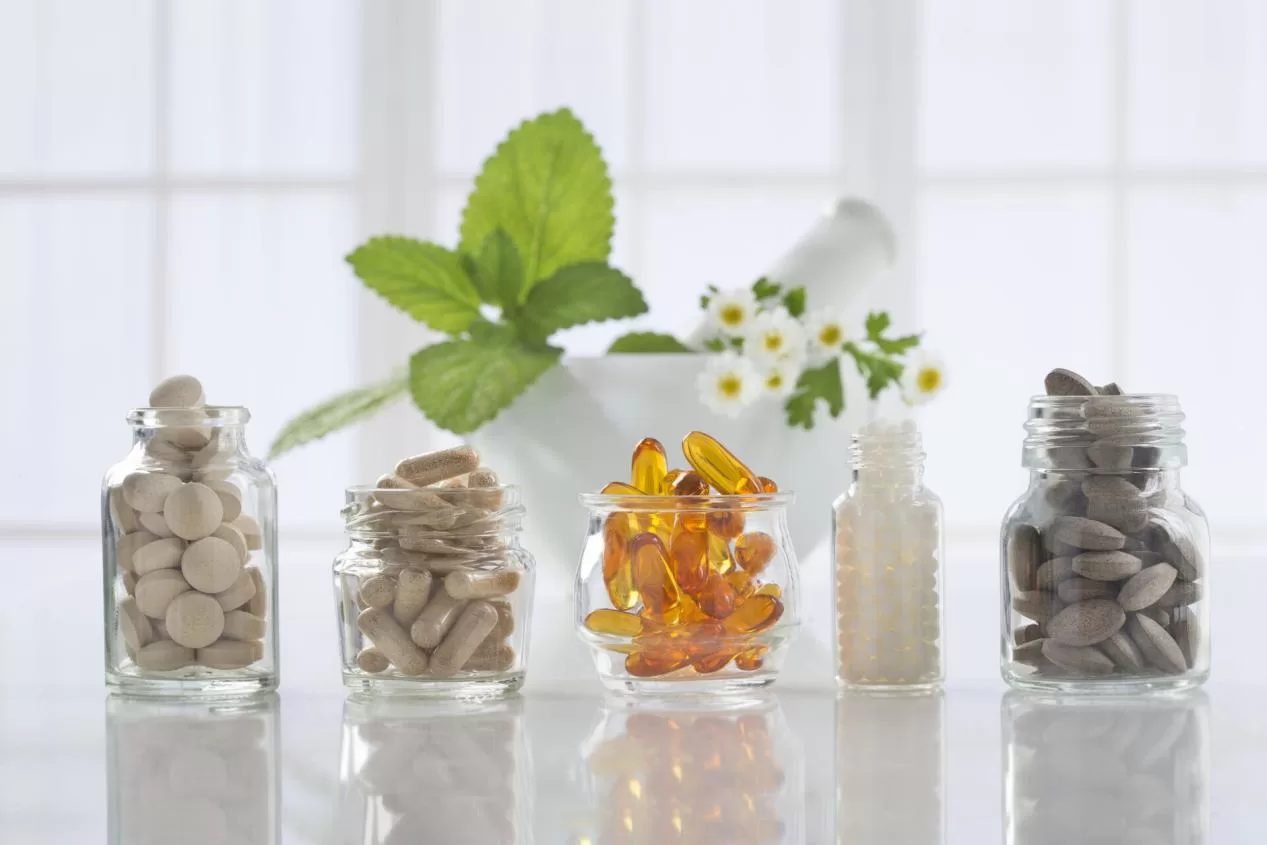
Incorporating Plant Extracts into Your Daily Routine
Botanical extracts are a versatile and natural way to enhance your overall health, beauty, and lifestyle. Whether you’re seeking to support your well-being, upgrade your skincare, or add a healthy twist to your meals, these natural ingredients have something to offer.
Here’s how you canl seamlessly incorporate botanical extracts into various aspects of your daily routine:
Supplements
Supplements are one of the easiest ways to benefit from botanical extracts. They are designed to target specific health concerns, offering a concentrated dose of beneficial compounds.
Look for high-quality supplements containing extracts like ashwagandha for stress relief, echinacea for immune support, or ginkgo biloba for improved cognitive function. Always choose products from trusted brands and consult a healthcare professional to determine which supplements are best for your needs.
Cooking and Meal Preparation
Botanical extracts aren’t just for supplements and beauty products; they can elevate your culinary creations too. Spices like turmeric, garlic, and rosemary are packed with flavor and health-promoting properties.
For example, turmeric contains curcumin, known for its anti-inflammatory benefits, while garlic supports heart health and boosts immunity.
Add these ingredients to soups, stews, or roasted vegetables for a delicious and nutritious twist. Additionally, consider using botanical-infused oils or vinegars to enhance your dishes.
Skincare Products
Botanical extracts have long been celebrated for their natural healing and nourishing properties, making them a popular choice in skincare. Products enriched with extracts like aloe vera,l calendula, or tea tree oil can soothe, hydrate, and protect your skin.
For anti-ageing benefits, look for serums or creams containing rosehip oil, green tea, or chamomile extracts. Incorporating these ingredients into your routine not only enhances your skin’s appearance but also minimises exposure to harsh synthetic chemicals.
Aromatherapy and Relaxation
Aromatherapy is another fantastic way to incorporate botanical extracts into your daily life. Essential oils derived from plants like lavender, eucalyptus, and peppermint can promote relaxation, alleviate headaches, or improve focus.
Use a diffuser to fill your space with calming or invigorating scents, or add a few drops of essential oil to your bath for a spa-like experience at home.
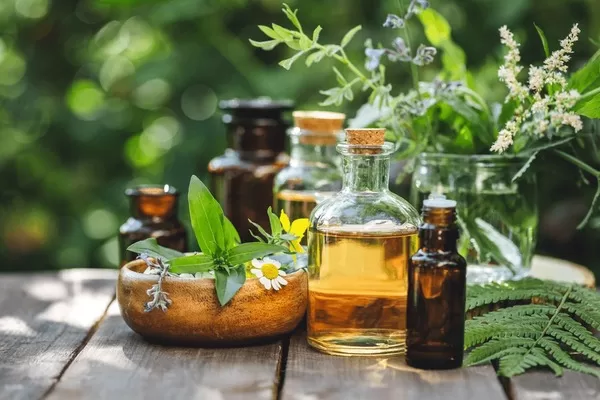
DIY Projects
If you like homemade solutions, try creating your own products using botanical extracts. The possibilities are endless, from DIY face masks with honey and turmeric to hair treatments infused with aloe vera or hibiscus.
Crafting your own botanical blends allows you to customise ingredients to suit your preferences and needs.
Incorporating botanical extracts into your routine allows you to enjoy their diverse benefits while embracing a more natural and holistic approach to health and wellness. Start small, experiment with different options, and discover what works best for you!
Choosing the Right Botanical Extracts
When deciding to incorporate extracts into your production process, it is important to pay attention to several important characteristics that can significantly affect the quality and efficacy of a formulation or product.
First, the quality of the raw materials is critical. The best extracts come from organically grown plants and are free of pesticides and other contaminants associated with over-management.
The extraction method is also critical. The most ideal are extracts obtained through safe and effective methods, such as water or alcohol extraction, which can preserve the active ingredients of the plant. It is also important that the product has the appropriate quality certificates to prove its effectiveness and safety of use.
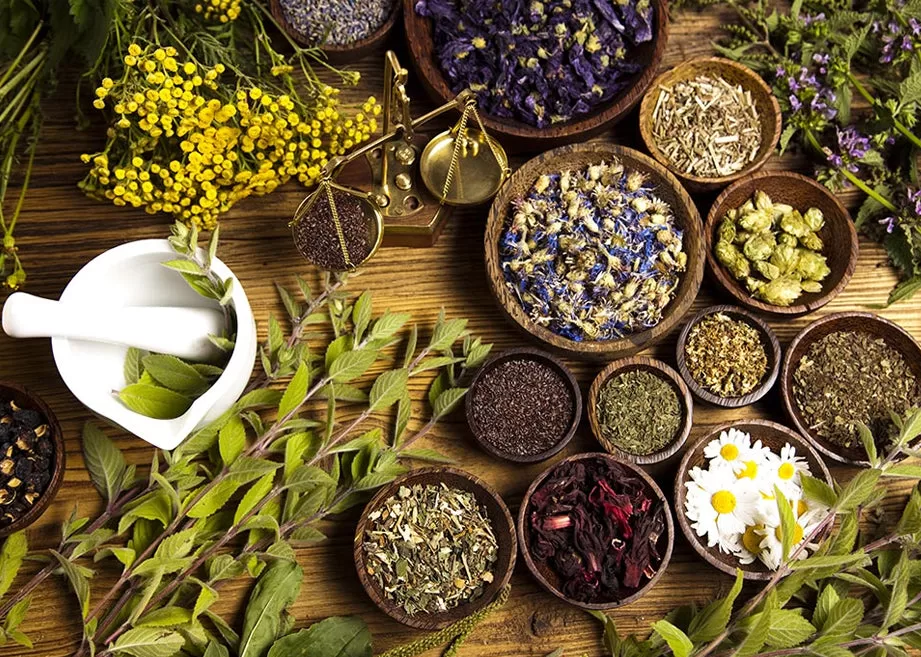
Market Trends and The Future of Plant Extracts
1. Increased Demand for Natural and Organic Products
Modern consumers are increasingly paying attention to health and environmental protection, and their demand for natural and organic products continues to rise.
This trend has driven the rapid development of the plant extracts market. In the future, more plant extract products will pass organic certification to meet consumer demand for pure natural products.
2. The Rise of Functional Foods and Beverages
The rapid development of the functional food and beverage market provides new application scenarios for plant extracts. Functional foods and beverages rich in plant extracts satisfy consumers’ pursuit of a healthy lifestyle with their health care functions, and have huge market potential.
3. Personalised and Precise Product Development
With the development of biotechnology and big data technology, personalised and precise plant extract products will become a future trend. By analyzing consumers’ individual health data and developing highly targeted and personalised health care products, it will become a new growth point for the industry.
4. Policy Support and Standardisation Construction
Governments of various countries have continued to increase their support for the plant extract industry, and the formulation and improvement of relevant policies and standards have provided a guarantee for the development of the industry.
In the future, with the gradual unification of international standards, the quality and safety of plant extracts will be better guaranteed, and the industry will usher in a more standardised development environment.
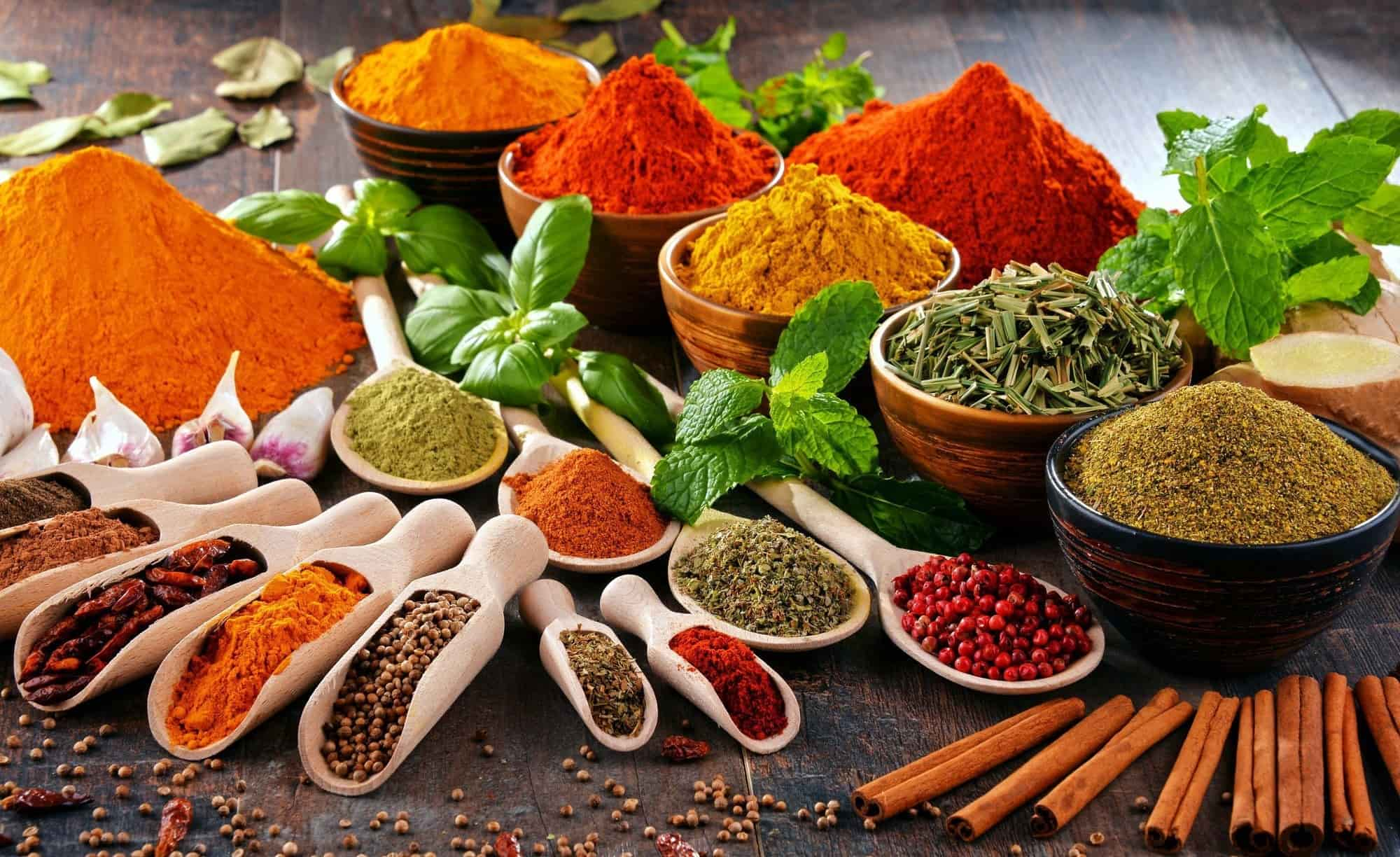
Future Prospects
The plant extract industry has broad prospects. With the advancement of technology and the increase in market demand, the industry will continue to maintain rapid growth.
In the future, industry enterprises should strengthen technological innovation, improve product quality, expand application areas, and actively respond to market changes.
At the same time, we will strengthen international cooperation, enhance international competitiveness, and jointly promote the healthy and sustainable development of the industry.
Conclusion
The botanical extracts market is growing rapidly, driven by growing demand for natural ingredients, advances in extraction technology, the rise of functional foods and beverages, a focus on sustainability and ethical sourcing, customisation and personalisation, integration into mainstream medicine, and increased research and development.
As technology continues to advance and consumer preferences shift, the importance of high-quality, natural botanical extracts will continue to grow. By keeping up with these trends, industries can realise the full potential of botanical extracts and ensure a brighter, healthier future for all.
Get in Touch
If you have any questions, please contact our experts, we are always ready to help you with individual formulations, private label solutions or any other requirements to kick-start your brand!
